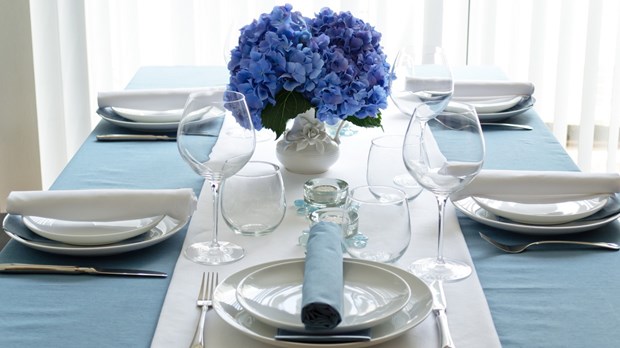
Live better. Love better. Bake better. Parent better.
Achieve more. Earn more. Give more. Be more.
Eat less. Waste less. Complain less. Weigh less.
Run harder. Kiss harder. Laugh harder. Try harder.
Buy bigger. Drive bigger. Travel bigger. Dream bigger.
Look perfect. Sound perfect. Act perfect. Be perfect.
Perfection: it’s an ideal we aim for, motivated by love or hope or sheer gumption. It’s a dream we build toward, a pinnacle our culture clamors to reach.
But it’s a myth—a shimmering, alluring mirage we grasp after, yet leave empty handed. That resulting emptiness fools us into measuring our lives and finding them lacking: not beautiful enough, not problem free enough, not impressive enough, just plain not enough.
One of the most freeing truths of Scripture is also one of the very ugliest: “For everyone has sinned; we all fall short of God’s glorious standard” (Romans 3:23). It’s freeing in the recognition this mirror of truth offers to us: we can see ourselves in our brokenness and rightly acknowledge our glaring imperfection. We can step off the hamster wheel of better, more, harder, and bigger and step into the arms of grace, forgiveness, redemption, and hope.
Perfectionism is a self-deceiving game that leaves us weary losers every time. But in our imperfection—from a posture acknowledging our limits, failings, needs, and weaknesses— we can turn toward the perfect Father and his complete love. We can find a wholeness that has nothing to do with better or more but that’s all about grace and hope. We can find joy, direction, comfort, and fresh mercies in the faithful presence of our God who is the very essence of holy perfection ().
Are you tired of the empty striving of perfectionism? Sick of trying to live up to a perfect body/perfect mother/perfect woman ideal? TCW regular contributor Maria Cowell examines one such ideal: the pressure to look perfect. In “Imperfect Bodies in a Perfect 10 World,” Maria considers how we can respond to cultural messages about body image, especially when we find they’ve infiltrated our own thinking and sense of self-worth.
Perfectionism can also insidiously infect our home life, often without us even realizing it. As we strive to be better parents, it’s easy to slip into perfectionist parenting—and to inadvertently hurt our kids in the process. In “Imperfect Parenting,” author and blogger Sarah Bessey challenges us to recognize unrealistic expectations in our parenting and move, instead, toward a mindset of grace.
When it comes to dating, idealism can serve a good purpose when it helps us set high standards. But, Boundless’s Lisa Anderson asks, are our standards too high? In “Settle, But Don’t Be Stupid,” Lisa invites us to strike a careful balance when looking for “Mr. Right” among a pool of imperfect sinners (like us).
For author Sarah Kovac, facing her own limits has recently been an emotional struggle, but also a pathway to grace. In “Humility at the Altar,” she candidly explores how her physical limitations have pushed her to experience communion—and community—in a new light.
Of course, in our reaction to perfectionism we cannot simply wallow in imperfection. We’re not meant to stay put in brokenness. After all, didn’t Jesus say, “But you are to be perfect, even as your Father in heaven is perfect” (Matthew 5:48)? In “Are You Striving for Perfection?” Katherine Willis Pershey unpacks this passage for us, guiding us toward a deeper understanding that has nothing to do with cultural idealism and has everything to do with Jesus himself.
In Christ—in his example, in his will, in his love—we can grow toward a perfection that has nothing to do with a hot bod, flawless skin, postcard-perfect family, or a got-it-all-together resume. While our culture vainly strives for its version of perfection, we can instead aim for greater intimacy with the One who knows us and us, in all our limits and weaknesses and —the One who is whole, complete perfection.
Grace,

Read more articles that highlight writing by Christian women at ChristianityToday.com/Women
 Read These Next
Read These Next

 Settle, But Don't Be StupidEveryone settles in relationships—here’s the healthy way to do it
Settle, But Don't Be StupidEveryone settles in relationships—here’s the healthy way to do it Respecting DifferencesHelping your child develop the gift of compassion.
Respecting DifferencesHelping your child develop the gift of compassion.
 Why Doesn't God Answer My Prayers?After three of my children died, my views on prayer drastically changed.
Why Doesn't God Answer My Prayers?After three of my children died, my views on prayer drastically changed.








 Homepage
Homepage

